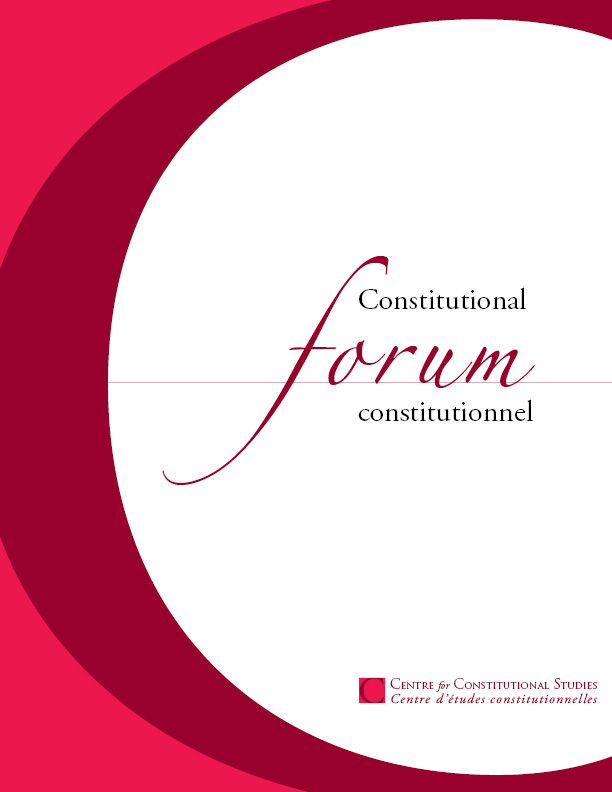Was the Supreme Court right to change the law on the right to a speedy trial?
DOI:
https://doi.org/10.21991/C9FT21Abstract
In R v Jordan, the Supreme Court of Canada held, by a 5-4 majority and over the vigorous disagreement of the concurrence, that criminal prosecutions in which a trial does not conclude by a set deadline will be presumed to breach the right to be tried within a reasonable time, protected by section 11(b) of the Canadian Charter of Rights and Freedoms. The acceptable length of proceedings set out in the decision is of 18 months from the day charges are laid for cases that proceed without a preliminary inquiry, and 30 months otherwise. The Crown can still show that exceptional circumstances outside of its control have arisen and can explain — and excuse — a case taking longer than that, but unless it does so, a stay of proceedings will be the automatic consequence of such delay. Meanwhile, an accused will be able to show that delay below these ceilings is unconstitutionally unreasonable, but only by demonstrating not only that the delay is “markedly” greater than reasonable, but also that he or she diligently sought to have the case heard sooner.
Downloads
Published
Issue
Section
License
Authors who publish with Constitutional Forum constitutionnel grant the journal the right of first publication, and agree to license the work under an Attribution-NonCommercial-NoDerivs (CC BY-NC-ND) that allows others to share the work for non-commercial purposes, with an acknowledgement of the work's authorship and initial publication in this journal, as long as no changes are made to the original work. Please use this format to attribute this work to Constitutional Forum constitutionnel:
"First published as: Title of Article, Contributor, Constitutional Forum constitutionnel Volume/Issue, Copyright © [year], Publisher"





